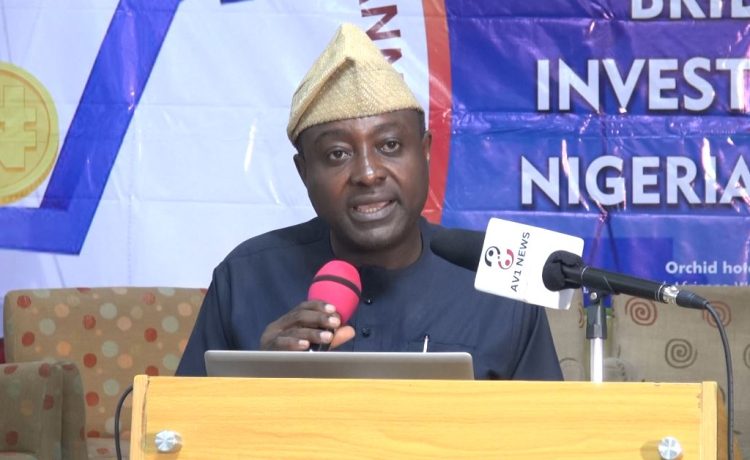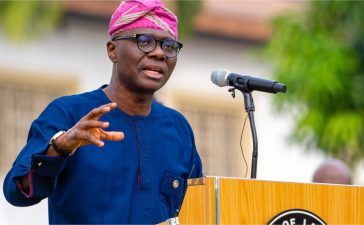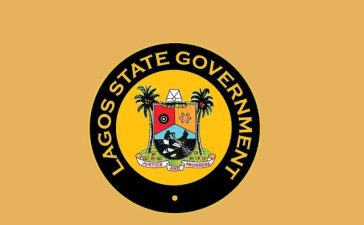The Securities and Exchange Commission (SEC) has called on Nigerian banks to enhance their corporate governance frameworks and risk management strategies as part of efforts to boost investor confidence during the ongoing recapitalization process. This comes after an optimistic start to 2024, with a significant oversubscription in many recapitalization offers.
Speaking at the annual workshop of the Capital Market Correspondents Association of Nigeria (CAMCAN) held in Lagos over the weekend, SEC Director-General, Dr. Emomotimi Agama, reaffirmed the commission’s commitment to fostering transparency and efficiency throughout the recapitalization period, which runs from 2024 to 2026. Agama was represented by John Achile, the Divisional Head of Legal and Enforcement at SEC.
“The framework for banking sector recapitalization provides clear guidance for issuers and safeguards investor interests,” Agama said. “Our focus is on bridging the gap between issuers and investors by leveraging innovation for inclusive growth.”
The SEC is also tapping into the potential of blockchain technology to ensure secure and transparent transaction processing, which Agama sees as a crucial step in enhancing trust within the market. “We are exploring blockchain integration through a digital platform to redefine trust in the market,” he explained.
Agama also pointed to the oversubscription of recapitalization offers as a sign of growing investor confidence, emphasizing that the SEC is committed to sustaining this momentum. “To maintain this growth, we are enhancing disclosure standards and corporate governance practices,” Agama noted.
Expanding financial literacy campaigns and partnering with fintech companies to provide low-entry investment options are central to SEC’s strategy for democratizing access to the capital market. “Our efforts are anchored on providing issuers with clear guidelines, enhancing regulatory oversight, and improving communication with stakeholders,” Agama emphasized. “This approach will create an enabling environment for seamless and transparent capital formation.”
Despite these advances, Agama acknowledged several challenges that could hinder the success of recapitalization efforts, including market volatility, systemic risks, and limited retail participation. He also highlighted skepticism among investors, who demand higher levels of transparency and accountability.
Addressing opportunities, Agama stated, “We can leverage technology to deepen financial inclusion, enhance liquidity, and develop innovative financial products, such as green bonds and sukuk, to attract a broader range of investors.”
The success of the recapitalization process, Agama believes, hinges on collaboration among regulators, issuers, and investors. “The role of collaboration cannot be overstated in achieving the desired outcomes,” he added.
During a panel session on market infrastructure, Achile reassured participants that the SEC would continue to monitor all market operations, including technology innovations. “We are committed to transparency, and we ensure due diligence is conducted on all new ideas entering the market,” he stated.
Finally, Achile addressed the issue of unclaimed dividends, attributing the rise in unclaimed amounts to investors’ non-compliance with regulatory requirements and gaps in communication. He assured stakeholders that the SEC is committed to ensuring timely dividend distribution and will continue to enhance its dual role of market regulation and investor protection.







